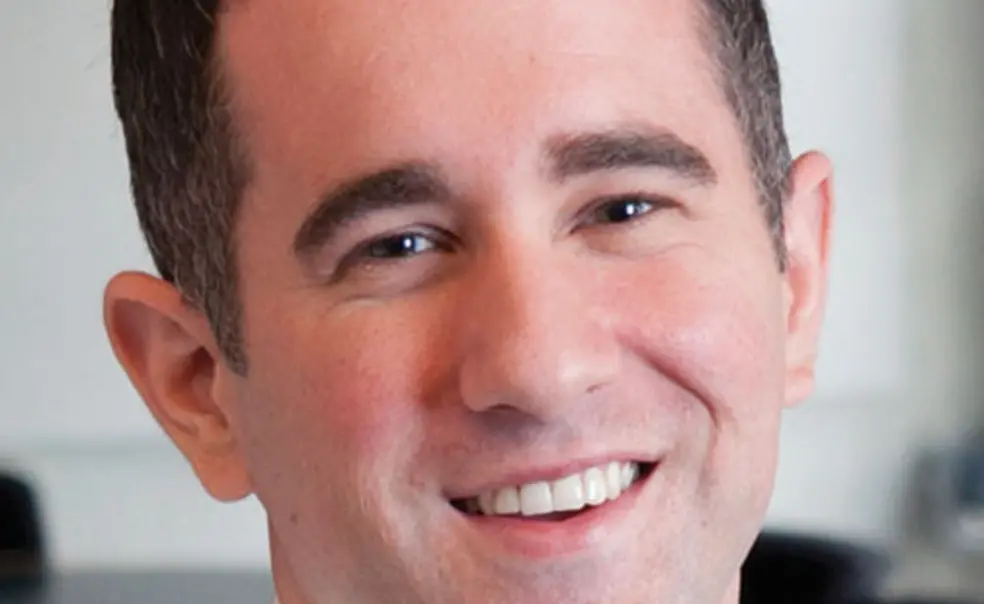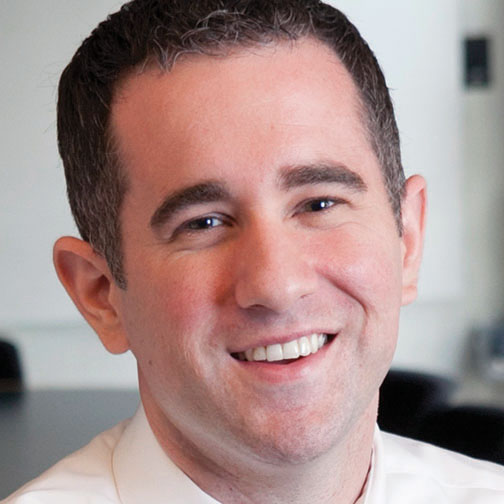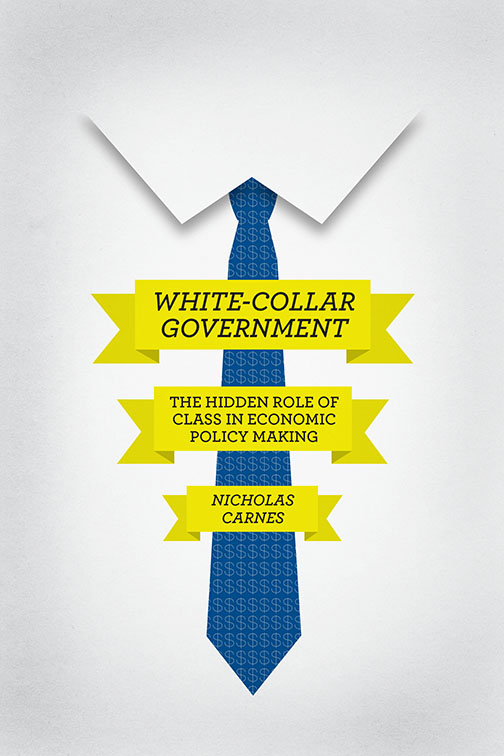Today he is an assistant professor of public policy at Duke University, but Nicholas Carnes *11 takes pride in his working-class past. He’s been a construction worker, a busboy, and a factory worker in a Pepsi bottling plant. He worked at Walmart until, knowing he had another job in the wings, he decided to “go out with a bang” and tell his boss he was thinking about trying to unionize his co-workers. The company, he says, never gave him another shift.
Such experiences led Carnes to the topic for his Princeton dissertation, which is now a book: White-Collar Government: The Hidden Role of Class in Economic Policy Making (University of Chicago Press). In it he looks at the historical scarcity of blue-collar individuals serving in political office and how that deficit shapes the laws that are passed.
The number of working-class individuals in politics never has been high, and at some levels it is declining, Carnes found. Blue-collar people made up less than 2 percent of members of Congress a century ago; today that percentage is no higher. Among state legislators, the likelihood of a politician having held a working-class job — Carnes’ main statistical yardstick — has been shrinking, from roughly 5 percent a quarter-century ago to between 2 percent and 3 percent today.
By analyzing the bills they introduced and the votes they cast, he found that lawmakers with blue-collar backgrounds tended to support policies more tilted toward employees, such as minimum-wage hikes, than did lawmakers without such experience.
“Some have speculated that people get co-opted once they get into office and that they all turn out the same eventually,” Carnes says. But that turned out not to be the case. “Ten, 15, 20 years later, you can still see politicians from working-class backgrounds voting differently.”
Carnes is convinced that the shortage of blue-collar lawmakers doesn’t stem from a shortage of demand; voters, he found, are open to backing blue-collar politicians. Rather, he says, it’s a question of supply. Reducing the influence of money in politics could help broaden the economic diversity of candidates, he says, but networking is probably even more important.
What’s missing, he says, is a concerted effort to recruit promising candidates and train them in the finer points of campaigning and policymaking. Carnes sees a model in intensive candidate-preparation programs like one run by the AFL-CIO in New Jersey; its candidates have won 76 percent of their races since the effort began in the 1990s. The program has placed graduates in positions ranging from fire commissions to state legislatures.
Of course, even after doubling the percentage of working-class lawmakers, they still would make up just a small sliver of Congress and state legislatures. But Carnes believes that even this small change could make a difference, at least on the margins: “Adding more working-class politicians should get you gradually more pro-worker policies.”
Made to Stick: Why Some Ideas Survive and Others Die, by Chip Heath and Dan Heath, which offers advice on how to make ideas more accessible and likelier to stick with an audience. “It really changed the way I think about writing and teaching.”














No responses yet